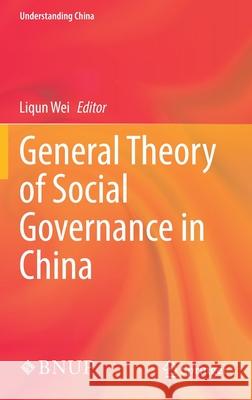General Theory of Social Governance in China » książka
topmenu
General Theory of Social Governance in China
ISBN-13: 9789811657146 / Angielski / Twarda / 2021 / 460 str.
General Theory of Social Governance in China
ISBN-13: 9789811657146 / Angielski / Twarda / 2021 / 460 str.
cena 563,56
(netto: 536,72 VAT: 5%)
Najniższa cena z 30 dni: 539,74
(netto: 536,72 VAT: 5%)
Najniższa cena z 30 dni: 539,74
Termin realizacji zamówienia:
ok. 16-18 dni roboczych.
ok. 16-18 dni roboczych.
Darmowa dostawa!
Kategorie:
Kategorie BISAC:
Wydawca:
Springer
Seria wydawnicza:
Język:
Angielski
ISBN-13:
9789811657146
Rok wydania:
2021
Wydanie:
2021
Numer serii:
000467126
Ilość stron:
460
Waga:
0.82 kg
Wymiary:
23.39 x 15.6 x 2.54
Oprawa:
Twarda
Wolumenów:
01
Dodatkowe informacje:
Wydanie ilustrowane











